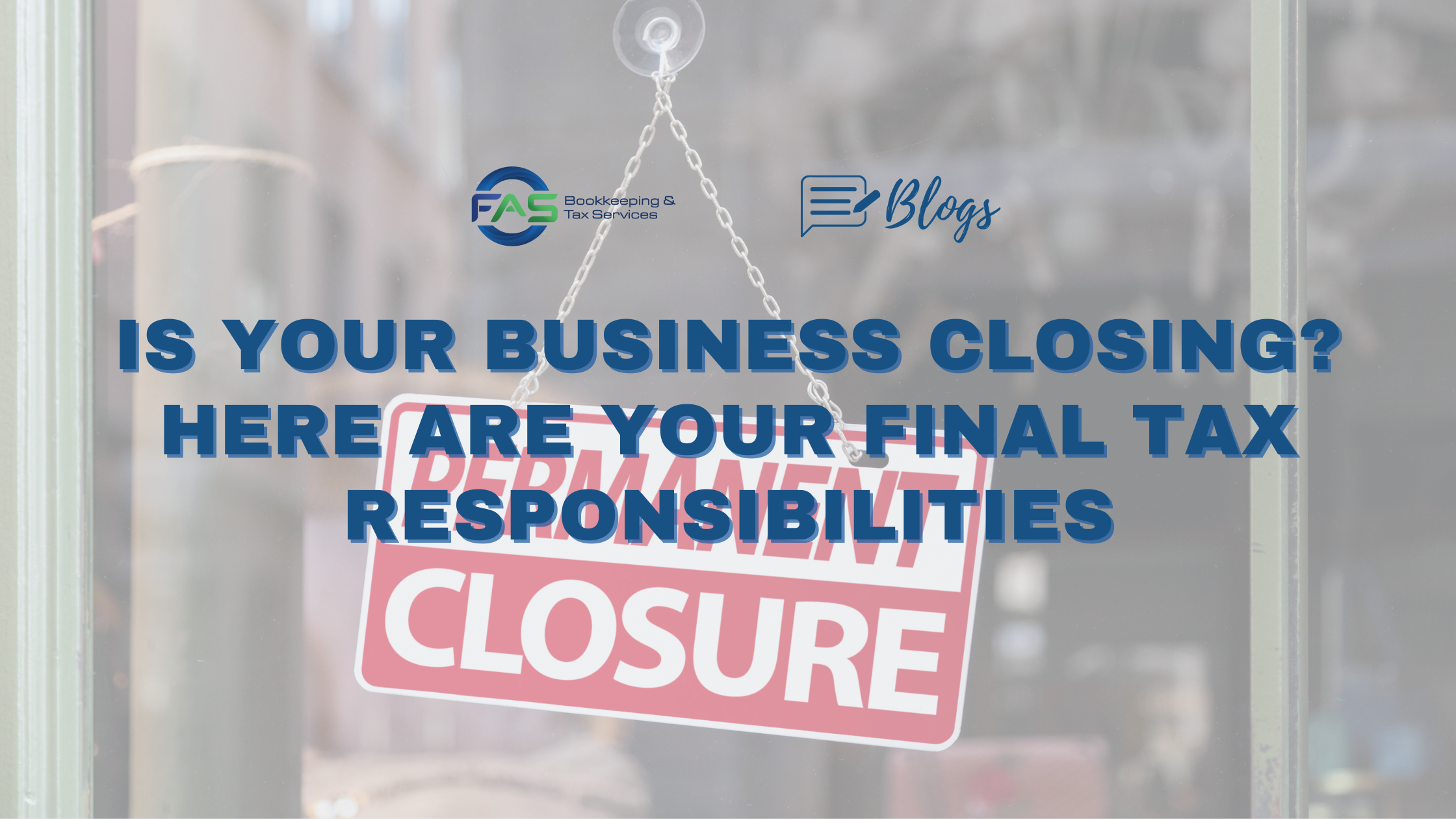Like most businesses, yours probably has a variety of physical assets, such as production equipment, office furnishings and a plethora of technological devices. But the largest physical asset in your portfolio may be your real estate holdings — that is, the building and the land it sits on.
Under such circumstances, many business owners choose to separate ownership of the real estate from the company itself. A typical purpose of this strategy is to shield these assets from claims by creditors if the business ever files for bankruptcy (assuming the property isn’t pledged as loan collateral). In addition, the property is better protected against claims that may arise if a customer is injured on the property and sues the business.
But there’s another reason to consider separating your business interests from your real estate holdings: to benefit your succession plan.
Ownership Transition
A common and generally effective way to separate the ownership of real estate from a company is to form a distinct entity, such as a limited liability company (LLC) or a limited liability partnership (LLP), to hold legal title to the property. Your business will then rent the property from the entity in a tenant-landlord relationship.
Using this strategy can help you transition ownership of your company to one or more chosen successors, or to reward employees for strong performance. By holding real estate in a separate entity, you can sell shares in the company to the successors or employees without transferring ownership of the real estate.
In addition, retaining title to the property will allow you to collect rent from the new owners. Doing so can be a valuable source of cash flow during retirement.
You could also realize estate planning benefits. When real estate is held in a separate legal entity, you can gift business interests to your heirs without giving up interest in the property.
Complex Strategy
The details involved in separating the title to your real estate from your business can be complex. Our firm can help you determine whether this strategy would suit your company and succession plan, including a close examination of the potential tax benefits or risks.




